AliExpress is one of the most popular online marketplaces in the world, and for good reason.
With millions of products and prices that often seem too good to be true, it’s become a go-to for budget-conscious shoppers and small business owners alike.
But that same accessibility also raises a few important questions:
Is AliExpress actually legit? And is it worth using for your business or personal purchases?
In this guide, we’ll break down what AliExpress is, how it works, and whether or not it’s safe to shop from it. .
Let’s dive straight into it!
What Is AliExpress?
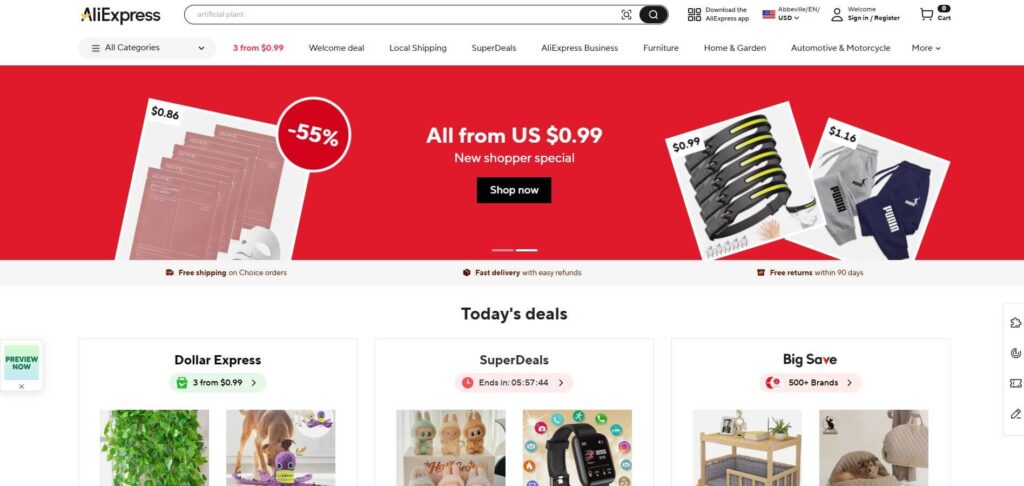
AliExpress is a massive online retail marketplace owned by Alibaba Group, launched in 2010.
It connects international buyers with sellers (mainly based in China) offering everything from electronics and apparel to home goods and beauty products – often at extremely low prices.
Unlike Alibaba, which is geared toward bulk purchases for businesses, AliExpress targets individual consumers.
You can buy a single phone case, a pack of hair ties, or even small quantities of wholesale goods without meeting a minimum order requirement.
Why Is It So Popular?
There are a few big reasons why AliExpress has become a go-to for budget-conscious shoppers and small resellers:
- Extremely Low Prices – Most sellers on AliExpress are manufacturers or direct wholesalers, which cuts out the middleman and leads to steep discounts, even compared to Amazon or local suppliers. This is especially appealing to dropshippers and budget-focused buyers.
- Global Shipping – AliExpress ships worldwide, often with free or low-cost shipping options (though the trade-off is longer delivery times). This makes it accessible to shoppers in over 200 countries.
- Massive Product Range –With millions of listings across countless categories, AliExpress is like a one-stop shop for nearly any product you can imagine — including trending items you might want to test before sourcing in bulk.
- No MOQ – Buyers can purchase items in single units. For resellers and product researchers, this is a low-risk way to test quality and market demand before committing to large orders through platforms like Alibaba.
Can You Trust Sellers on AliExpress?
The short answer: some sellers on AliExpress are absolutely trustworthy — but not all.
Since it’s a third-party marketplace, the quality of sellers varies, and it’s up to you to do your homework before placing an order.
1. Check the Seller’s Ratings and Reviews
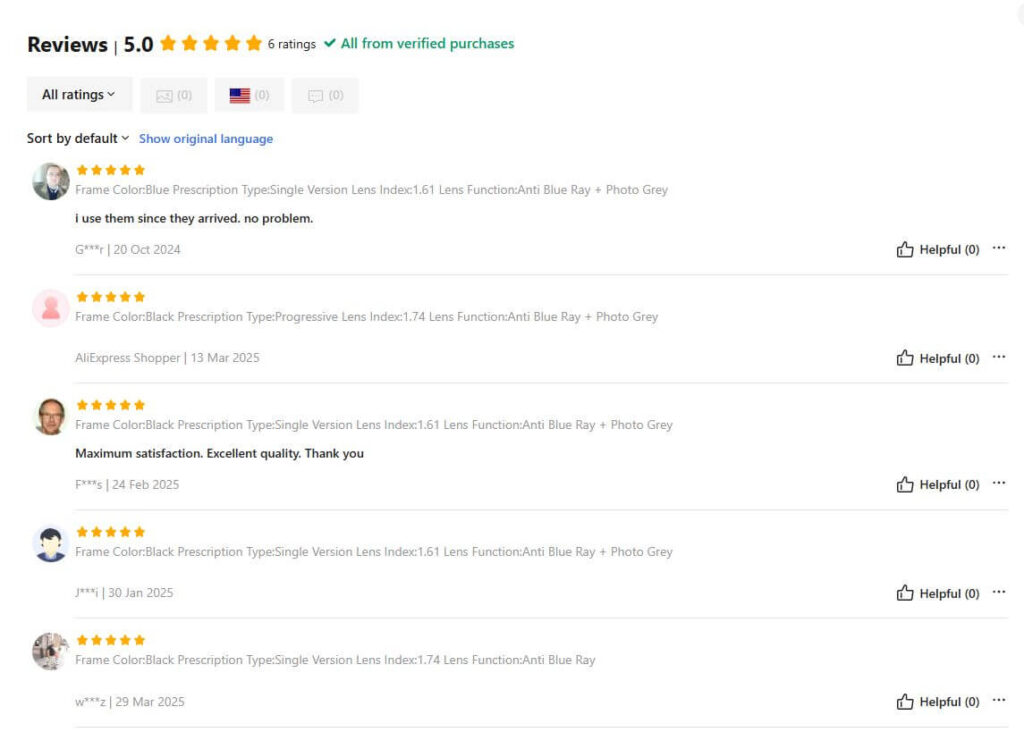
Every seller on AliExpress has a profile showing their feedback score, the number of completed orders, and customer reviews.
Generally, a higher score (over 95%) with thousands of past transactions is a good indicator.
But star ratings aren’t everything. It’s more useful to scan the reviews:
- Look for photo reviews and detailed comments
- Prioritize reviews from your country or region
- Watch for consistent complaints, especially about product quality or shipping delays
2. Look at How Long the Store Has Been Active
New sellers can be legit, but sellers with a long history are generally more reliable. You can find the store’s registration date in their profile — 2+ years is usually a safe sign.
3. Examine the Product Listing Carefully
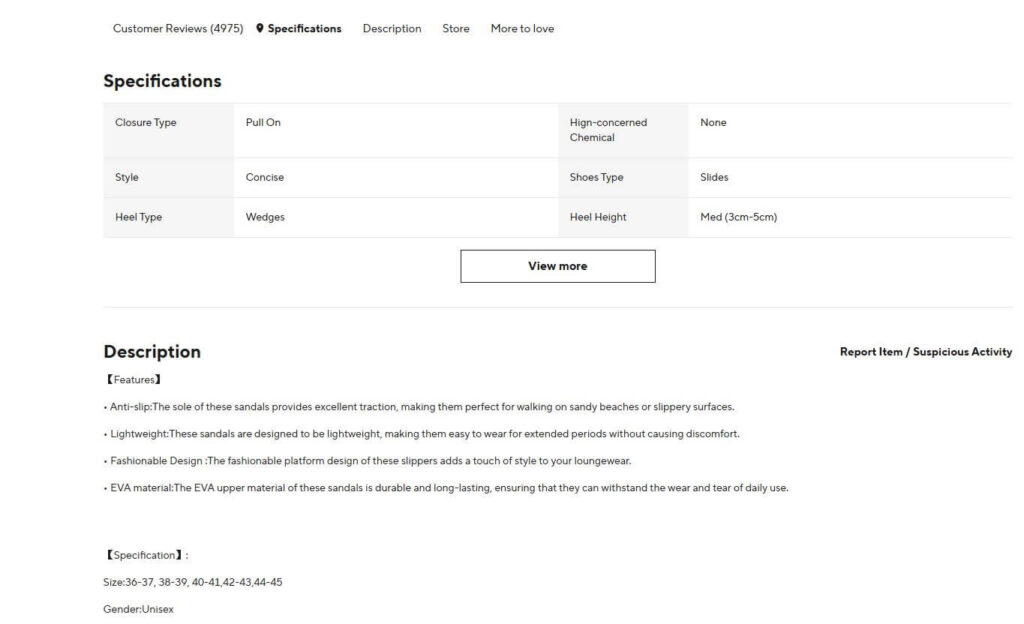
Legit sellers tend to have:
- Real photos (not just polished stock images)
- Detailed specs and sizing info
- Transparent shipping and return policies
If the listing is vague, overly generic, or seems too good to be true – it might be worth avoiding.
4. Ask Questions Before You Buy
Most sellers respond to messages through AliExpress. If you’re unsure about sizing, materials, or variations, reach out. The quality and speed of their replies can tell you a lot about how professional they are.
5. Use Buyer Protection to Your Advantage
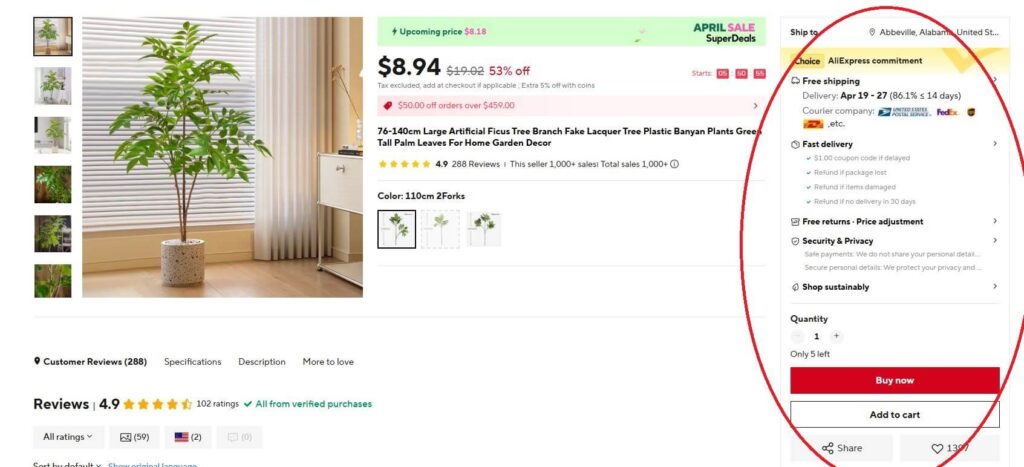
AliExpress has a Buyer Protection system in place. If your item doesn’t arrive, arrives damaged, or doesn’t match the description, you can open a dispute and request a refund. Always keep communication on the platform to ensure you’re covered.
Tips to Avoid Scams on AliExpress
AliExpress isn’t a scam, but like any large marketplace, it has its share of shady sellers. The good news? Most scams are easy to avoid once you know what to look for.
Here are some practical tips, plus real examples of common tricks buyers have encountered:
1. Be Wary of Prices That Are Too Good
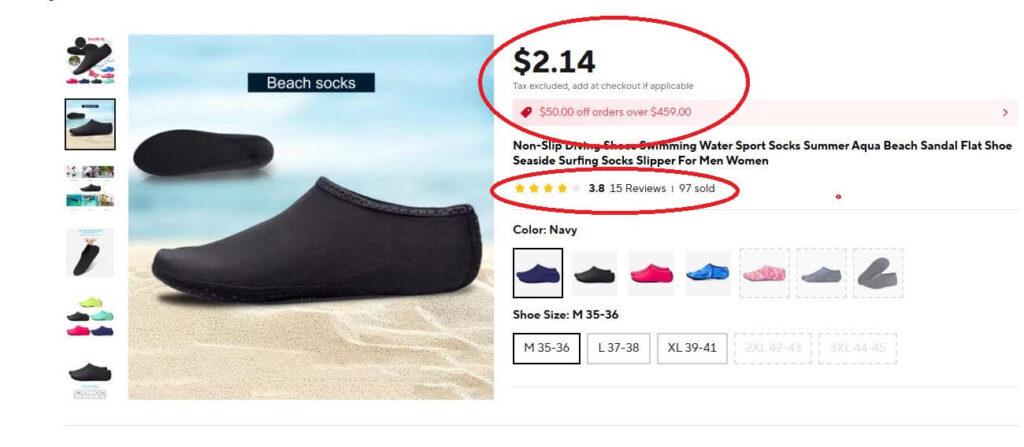
If something is selling for 70–90% less than average, be cautious. Some sellers lure buyers with ultra-low prices but send low-quality knock offs or nothing at all.
For example, a buyer might see “AirPods” for $5, but end up receiving plastic earbuds with no Bluetooth function.
2. Stick to Sellers with Consistent Feedback
One-time good reviews aren’t enough. Look for sellers with thousands of orders, and reviews spread out over time. Scammers may boost their store with fake orders, then disappear after a few weeks.
3. Read Product Descriptions Word-for-Word
Scam listings often hide red flags in fine print. For instance, a listing might show a photo of a full dress set but the description says “1 piece (belt only).” Always double-check color, size, quantity, and what’s actually included.
4. Avoid Sellers Who Pressure You to Pay Outside AliExpress
This is a major red flag. If a seller asks for payment via WhatsApp, PayPal (outside the platform), or direct bank transfer, don’t do it. You lose Buyer Protection the moment you step off the platform.
5. Double-Check Shipping Times and Policies
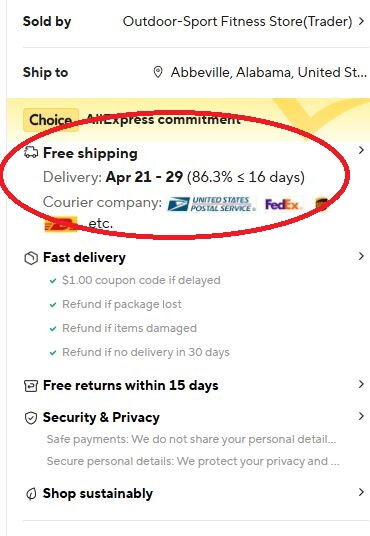
Some scammers take advantage of long shipping times to delay disputes. If your order never ships or arrives months late, you might miss the window to open a case.
Always track your package and set a reminder for the dispute deadline.
6. Watch Out for Bait-and-Switch Tactics
Some sellers post legitimate-looking products, but ship lower-grade or different items.
One example: a buyer orders a heavy-duty backpack and receives a thin, low-cost alternative with no logo or branding.
7. Use Secure Payment Methods Only
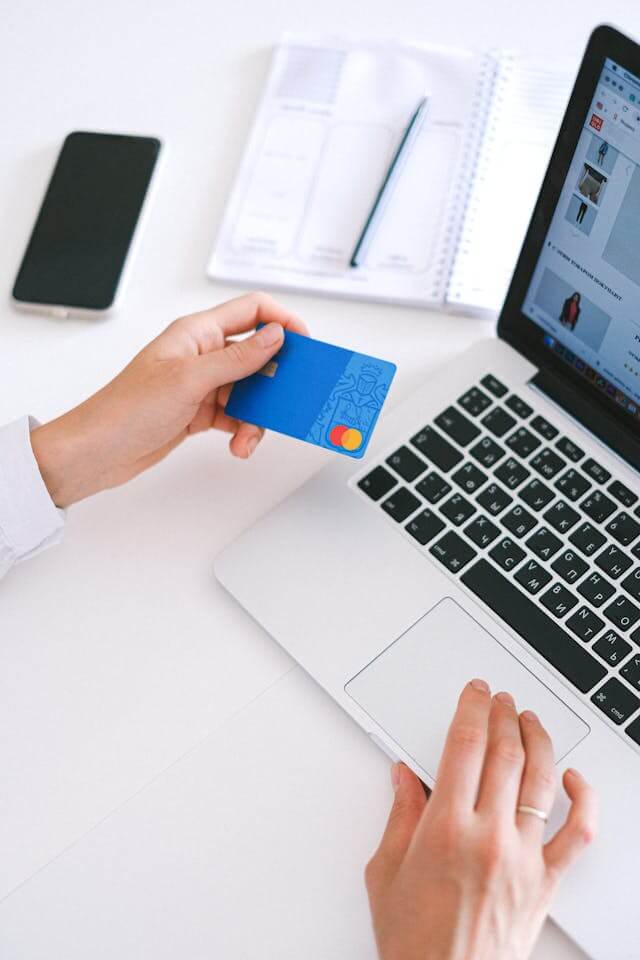
Stick to paying through AliExpress using credit cards, AliPay, or other trusted methods. This ensures your payment is protected and traceable in case you need a refund.
8. Start with Small Orders If You’re Unsure
If you’re trying a new seller, avoid bulk purchases on the first go. Order one or two items to test the quality, packaging, and shipping speed.
Spotting Fake AlIExpress Reviews: What’s Real and What’s Not
Reviews can be a great tool for deciding whether to buy — but not all reviews on AliExpress are trustworthy. Some sellers use fake, paid, or auto-generated reviews to boost their credibility and lure buyers in.
Here’s how to tell the difference between real and fake feedback:
1. Generic or Overly Positive Language
Fake reviews often sound like they were copied and pasted. Phrases like “very good product,” “excellent seller,” or “fast shipping” with no details are red flags – especially when repeated across multiple products or buyers.
Real reviews tend to be more specific, mentioning things like:
- How long shipping took
- Whether the product matched the description
- Any issues with sizing or materials
2. Too Many Reviews in a Short Time
If a product has dozens of reviews posted within a few days, especially from new accounts – that’s suspicious. It could be a sign of a review boost campaign.
Look for a natural spread of reviews over time, and check if the accounts have reviewed other products too.
3. No Photos or Videos
Reviews without images can still be legit, but reviews with buyer-uploaded photos or videos are more trustworthy.
You can see how the product looks in real life, how it was packaged, and whether it matches the listing. For example, this is what legit reviews look like, pictures of usage and experience.
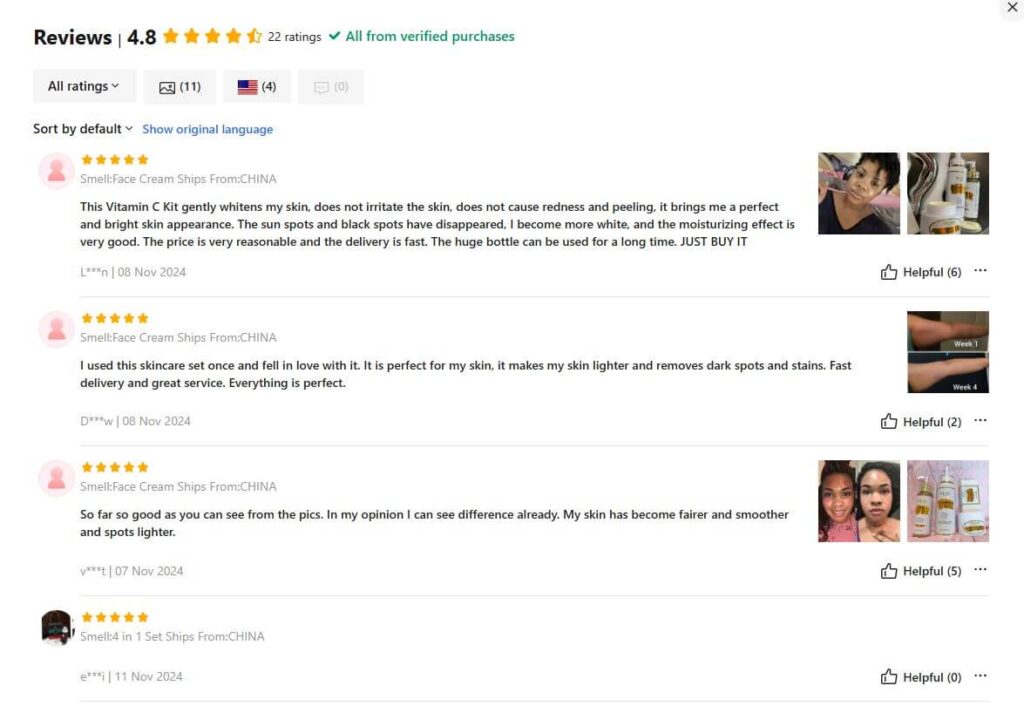
Some experienced buyers even show close-ups of stitching, materials, or measurements, a great way to verify quality.
4. Unusual Reviewer Names or Locations
If most reviews are from unfamiliar usernames or countries that don’t match your target market, take that into account. A seller targeting the U.S. but getting all their reviews from unverified accounts in unrelated regions could be manipulating the system.
5. Check Reviews Across Multiple Listings
Some sellers repost the same product under different listings. If you see identical reviews on multiple products from the same store, it’s worth digging deeper.
Is It Safe to Pay on AliExpress?
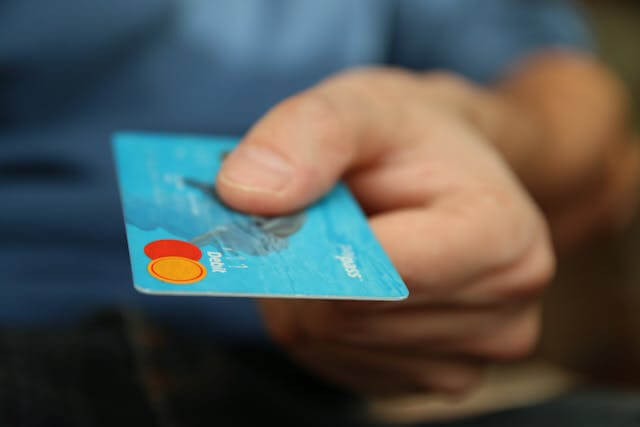
Yes, paying on AliExpress is generally safe — as long as you use the platform’s built-in payment system and avoid off-site transactions. Here’s what you need to know to keep your money protected:
- Stick to AliExpress’s official payment methods – Credit cards and AliPay (AliExpress’s own system) are the most commonly used and provide solid protection. Transactions are encrypted and secured by global payment processors.
- Use a credit card for added security – If there’s ever an issue, credit card companies often allow you to dispute the charge and get your money back — even if AliExpress can’t resolve the case.
- Never pay outside the platform – If a seller asks you to pay via PayPal (outside of checkout), WhatsApp, or wire transfer, that’s a red flag. These payments aren’t protected by AliExpress’s Buyer Protection, and scams are much more likely.
- Look out for transaction fees – Your bank may charge a small foreign transaction fee, especially if you’re paying in a different currency. This isn’t from AliExpress but can catch you off guard if you’re not expecting it.
- PayPal is available, but not everywhere – Some sellers accept PayPal directly through AliExpress checkout. It adds an extra layer of security, but since it’s not available on all listings, you’ll need to check each product page.
- Always check for a secure connection – Make sure the URL starts with “https://” and has a lock icon before entering payment info. This means the connection is encrypted and protected.
Will AliExpress Sell My Info?
AliExpress collects your personal information — including your name, email, phone number, shipping address, and payment details — to process orders and operate the platform. But how is that data handled behind the scenes?
Here’s what you should know:
- AliExpress shares some of your info with sellers — When you place an order, the seller receives your name, contact number, and shipping address. This is necessary for order fulfillment and is standard practice across most online marketplaces.
- AliExpress says it doesn’t sell your info for profit — According to its privacy policy, AliExpress does not sell your personal data to third parties. However, it may use the data internally for marketing, analytics, and improving its services, and it may share data with other companies under the Alibaba Group.
- The platform has faced regulatory issues in the past — In 2023, South Korean regulators fined AliExpress for collecting and transferring user data without proper consent. While this doesn’t directly impact all buyers, it raises valid concerns about how user privacy is handled.
- Basic security practices are still important — Avoid sharing sensitive personal details in chats with sellers. Use a strong, unique password for your account, and watch out for phishing emails pretending to be from AliExpress.
In short, AliExpress doesn’t sell your info like a data broker, but it does share and use your information in ways that may raise privacy questions — so it’s smart to stay aware and take basic precautions.
Is the Quality Any Good on AliExpress?
AliExpress offers an enormous range of products, but quality varies widely. Some items are well-made and reliable, while others fall far short of expectations.
Since you’re buying from individual sellers rather than AliExpress itself, consistency isn’t guaranteed.
Here’s what to keep in mind when evaluating product quality:
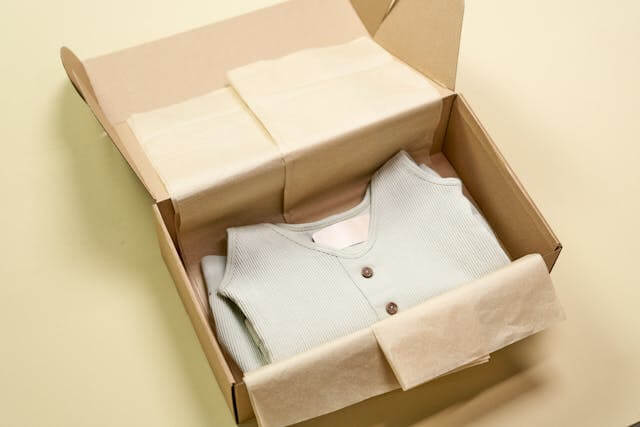
- Quality depends entirely on the seller – AliExpress doesn’t manufacture or inspect products. You’re buying directly from third-party sellers, which means standards vary from one store to another.
- Reviews are your best indicator of quality – Don’t rely on star ratings alone. Look for detailed reviews, especially those with real-life photos, that comment on build quality, durability, materials, and overall accuracy of the product listing.
- Super low prices usually signal cheap materials – If a product is significantly cheaper than similar listings, it might be made with lower-quality materials or cut corners in manufacturing.
- Photos can be misleading – Some sellers use polished or even stolen product photos. That’s why reviews with customer-uploaded images are a better way to gauge what you’ll actually receive.
- First-time purchases should be test runs – If you’re buying with resale or bulk sourcing in mind, start by ordering one item. Use it to check quality before committing to larger volumes.
- You won’t get branded or premium items here – Most AliExpress products are unbranded, white-label, or generic factory goods. That’s fine for some buyers, but not ideal if you’re looking for premium or consistent quality.
If you’re a retailer or business owner looking for more dependable quality, working with a private sourcing agent can make a huge difference. At NicheSources, we help you vet suppliers, inspect products, and ensure consistent quality, so you don’t have to gamble on every order.
Pros and Cons of Shopping on AliExpress
AliExpress is one of the most accessible platforms for global buyers — but it’s not perfect. Whether you’re a casual shopper or a business owner looking to test products, here’s a quick breakdown of the pros and cons.
| Pros | Cons |
| Millions of items across categories, often much cheaper than local suppliers. | Similar-looking products may differ drastically in actual quality. |
| Buy single units without committing to bulk orders. | Deliveries can take 15 to 60 days depending on the location and shipping method. |
| Offers some security if products don’t arrive or match the description. | Photos and descriptions might not reflect the actual product. |
| Ideal for testing trending products before sourcing in bulk. | Inconsistent suppliers and slow logistics can make it hard to grow your business reliably. |
| Offers some security if products don’t arrive or match the description. | Seller communication and dispute resolution can be slow and inconsistent. |
How Long Does Shipping Take from AliExpress?
Shipping from AliExpress can be a bit of a waiting game. Delivery times vary widely depending on where you live, what shipping method you choose, and which seller you’re buying from.
Here’s what to expect:
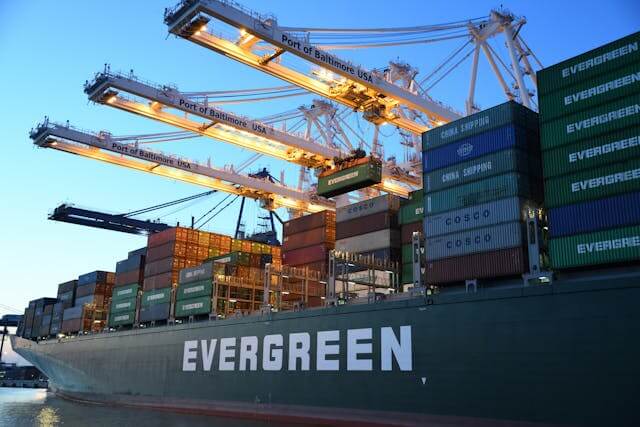
- Standard shipping usually takes 15 to 45 days: Most products ship from China, and free or low-cost options like “AliExpress Standard Shipping” or “Cainiao” are affordable but slow. You’ll often wait 2 to 6 weeks for delivery, especially to the U.S., Canada, or Europe.
- Some items may take up to 60 days or more: In some cases, especially during holidays, customs delays, or regional disruptions, shipping can stretch to 60+ days. That’s why it’s important to check the seller’s estimated delivery window before you order.
- Faster shipping options are available (but cost more): Some sellers offer premium shipping like DHL, FedEx, or EMS. These can reduce delivery time to 7–15 business days, but they add significant cost , sometimes more than the product itself.
- Tracking isn’t always reliable: Low-cost shipping options may have limited tracking updates, especially once the item leaves China. You might only see a few status changes before it suddenly shows up at your door.
- Delivery times vary by seller: AliExpress doesn’t fulfill the orders, individual sellers do. That means handling time, warehouse locations, and shipping partnerships can all affect how long your package takes to arrive.
In short, if you’re buying from AliExpress, patience is key. It’s great for non-urgent items or early product testing, but not ideal if you’re running a business that needs fast and consistent delivery.
FAQs
AliExpress vs Alibaba: Which One Should You Use?
AliExpress is designed for individual buyers and small-scale orders, often with no minimum order quantity. It’s ideal for testing products or making personal purchases.
Alibaba, on the other hand, is built for bulk sourcing and B2B transactions. You can negotiate with suppliers, request customization, and get better pricing for large orders.
If you’re planning to scale a business or build your own brand, Alibaba is usually the better long-term solution.
AliExpress Alternatives If You’re Not Sold
If AliExpress isn’t working for you, whether due to shipping delays, product quality, or inconsistent service, there are other platforms to consider:
- Taobao – Great for domestic Chinese shoppers; can be used internationally with a sourcing agent
- DHgate – Similar to AliExpress, with a focus on wholesale and bulk deals
- 1688.com – Ideal for buying in bulk at local Chinese prices (requires a sourcing agent)
- Working with a China sourcing agent – The best option for getting personalized support, quality control, and reliable suppliers. For long-term growth, many businesses eventually move away from open marketplaces and toward private sourcing partnerships.
Is AliExpress a Legit Company?
Yes, AliExpress is a legitimate ecommerce platform owned by Alibaba Group. It’s been operating since 2010 and is used by millions of buyers around the world. While scams can happen through individual sellers, the platform itself is not a scam.
Is AliExpress Rated by the Better Business Bureau (BBB)?
AliExpress is not accredited by the BBB, and its rating is generally low due to unresolved complaints about customer service and refunds. Keep in mind, though, that the BBB primarily focuses on North American companies, and doesn’t always reflect the global user experience.
Can I Use a Debit Card on AliExpress?
Yes, you can use a debit card, as long as it’s part of a major network like Visa or Mastercard. Just make sure it’s authorized for international purchases. However, credit cards are usually safer since they offer better fraud protection.
What If I Never Receive My Item from AliExpress?
If your order doesn’t arrive within the promised time frame, you can open a dispute through AliExpress’s Buyer Protection. As long as you submit your claim before the protection period expires, you’re usually eligible for a full refund.
Why Do Some Reviews Look Fake on AliExpress?
Fake reviews are a known issue. Some sellers use bots or paid services to inflate their ratings. Signs of fake reviews include overly generic language, no photos, a flood of reviews in a short time, or repeated wording across different listings. Always read beyond the star rating to spot red flags.
Final Thoughts: Is AliExpress Worth It?
AliExpress can be a great platform – especially for casual buyers, first-time entrepreneurs, or anyone looking to test the waters with small, low-risk purchases. The prices are hard to beat, and the product variety is massive.
But it also comes with trade-offs: inconsistent quality, slow shipping, and spotty customer service.
If you’re running a business or planning to scale, relying on AliExpress long-term can lead to headaches you could avoid with a more reliable sourcing strategy.
That’s where NicheSources comes in.
We help you move beyond trial-and-error sourcing by connecting you with vetted suppliers, product inspections and custom branding all tailored to your specific business needs.
Whether you’re ready to move on from AliExpress or you’re just starting to explore more serious sourcing options, NicheSources can help you source smarter, faster, and with confidence.
Talk to a sourcing expert today and see how we can help you grow your product business the right way.